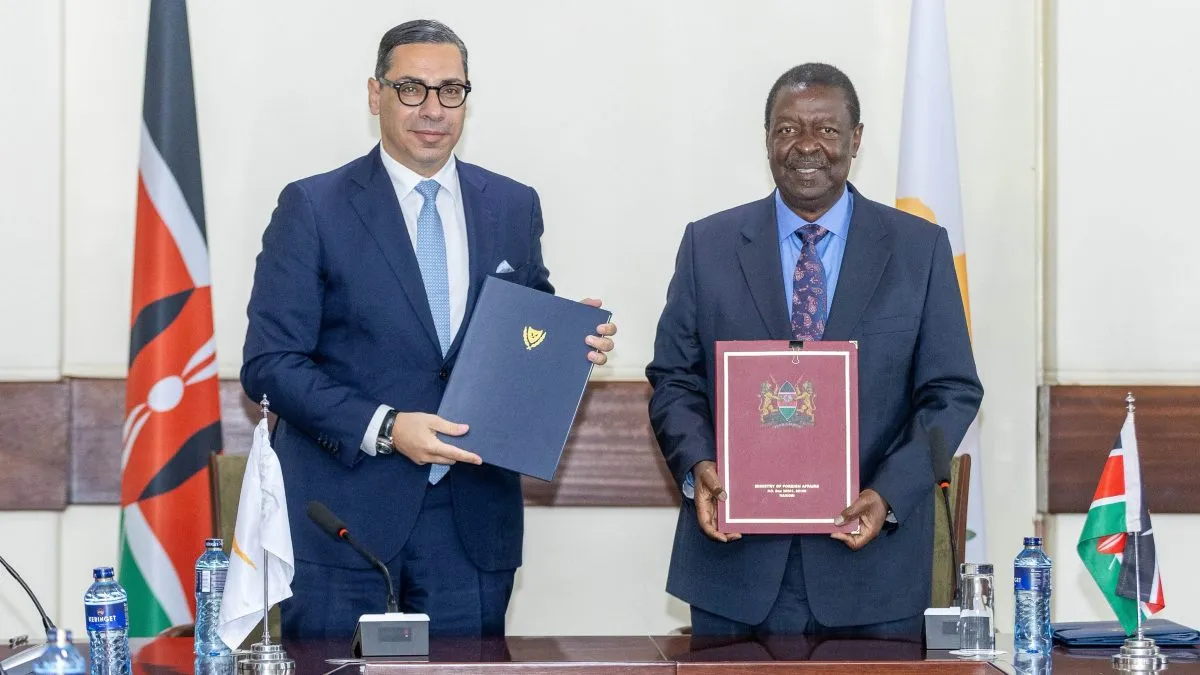Introduction
Kenya’s avocado industry, a crucial sector of its agricultural exports, has recently faced a significant downturn in its trade with China. Chinese customs data reveal a staggering 80% drop in avocado imports from Kenya in the first seven months of 2024. This decline from 3.67 million kilograms in 2023 to just 742,934 kilograms this year highlights a substantial shift in trade dynamics and market preferences.
Current Trade Dynamics
Volume and Value Decline
The sharp decrease in avocado exports to China has had a notable impact on Kenyan exporters. Earnings from this market have plummeted from $6,830,140 in 2023 to $1,232,149 in 2024. This dramatic reduction is attributed to both a decrease in volume and a lower price per kilogram, reflecting broader trends in global commodity markets.
The decline in avocado exports is part of a larger pattern of shifts in international trade and market preferences. While China remains a massive potential market due to its large population, its current role in Kenya’s avocado export strategy has diminished in favor of other regions.
Market Preferences and Strategic Shifts
Focus on European and North American Markets
Kenyan avocado exporters are increasingly focusing on European and North American markets. These regions have historically been significant consumers of avocados and are considered more stable and lucrative compared to the Chinese market. The European Union, in particular, has been a major market for Kenyan avocados due to its high demand and established trade relationships.
In response to the decline in Chinese imports, Kenyan exporters have intensified efforts to tap into these more reliable markets. The shift is driven by the stability and higher profit margins offered by European and North American consumers, who are more accustomed to and demand higher-quality avocados.
China’s Market Potential
Despite the current decline, the Chinese market presents long-term growth possibilities for Kenyan avocados. China’s vast population of over 1.4 billion people offers significant potential for increased avocado consumption. However, the market’s scale and infrastructure are still developing, which affects the immediate growth prospects for Kenyan exporters.
Kenya began exporting avocados to China in August 2022, following years of negotiations and regulatory hurdles. Initially, Kenya was allowed to export only frozen avocados, a condition that limited the scope of trade. Recent adjustments and market exploration strategies are aimed at overcoming these initial barriers and tapping into the growing demand for fresh avocados.
Challenges and Opportunities
Competitive Pressures
The avocado market is highly competitive, with key players like Peru and Mexico dominating global exports. These South American countries have well-established supply chains and competitive pricing, making it challenging for newer entrants like Kenya to capture significant market share.
Kenya’s avocado sector faces pressure from these established exporters, particularly in large markets like China. The ability to compete on price and quality is crucial for Kenyan exporters to regain and grow their market presence in China and other emerging markets.
Strategic Adjustments by Kenyan Exporters
To address these challenges, Kenyan exporters are exploring various strategic adjustments. Companies such as Kakuzi Plc are leveraging the decline in South American exports to position Kenyan avocados as a viable alternative. The company’s Chairman, Nicholas Ng’ang’a, has emphasized the importance of diversifying export markets and building resilience against future market disruptions.
While Europe and North America offer short-term stability, the long-term strategy involves cultivating markets in China, India, and the Middle East. These regions hold significant potential for growth, but they require targeted marketing efforts and strategic partnerships to develop their avocado consumption.
Government and Industry Response
Supportive Measures
The Kenyan government has been actively supporting the avocado industry through various initiatives aimed at boosting exports and expanding market access. Efforts include improving agricultural practices, enhancing quality standards, and facilitating trade negotiations.
In addition to government support, industry stakeholders are working to enhance the competitiveness of Kenyan avocados through better supply chain management and marketing strategies. Collaborative efforts between the government, exporters, and industry organizations aim to overcome the current market challenges and capitalize on future growth opportunities.
Future Prospects
The future of Kenya’s avocado exports will depend on several factors, including market conditions, competitive pressures, and strategic adjustments. The industry’s ability to adapt to changing market dynamics and leverage new opportunities will be critical for sustaining growth and profitability.
The upcoming initiatives and trade agreements will play a crucial role in shaping the sector’s trajectory. Continued investment in market research, quality improvement, and strategic partnerships will be essential for navigating the evolving global avocado market.
Conclusion
Kenya’s avocado export sector is currently experiencing a significant decline in trade with China, marked by an 80% drop in volume and a corresponding decrease in earnings. While this decline poses immediate challenges, it also highlights the need for strategic adjustments and market diversification.
The shift towards European and North American markets reflects a pragmatic response to current market conditions, but the potential of the Chinese market remains significant. By focusing on quality, competitive pricing, and strategic market development, Kenyan exporters can position themselves for long-term success in both established and emerging markets.
As the avocado industry navigates these challenges, the collaboration between government, exporters, and industry stakeholders will be crucial for achieving sustained growth and maximizing the sector’s potential.
Photo source: Google
By: Montel Kamau
Serrari Financial Analyst
3rd September, 2024
Article, Financial and News Disclaimer
The Value of a Financial Advisor
While this article offers valuable insights, it is essential to recognize that personal finance can be highly complex and unique to each individual. A financial advisor provides professional expertise and personalized guidance to help you make well-informed decisions tailored to your specific circumstances and goals.
Beyond offering knowledge, a financial advisor serves as a trusted partner to help you stay disciplined, avoid common pitfalls, and remain focused on your long-term objectives. Their perspective and experience can complement your own efforts, enhancing your financial well-being and ensuring a more confident approach to managing your finances.
Disclaimer: This article is for informational purposes only and does not constitute financial advice. Readers are encouraged to consult a licensed financial advisor to obtain guidance specific to their financial situation.
Article and News Disclaimer
The information provided on www.serrarigroup.com is for general informational purposes only. While we strive to keep the information up to date and accurate, we make no representations or warranties of any kind, express or implied, about the completeness, accuracy, reliability, suitability, or availability with respect to the website or the information, products, services, or related graphics contained on the website for any purpose. Any reliance you place on such information is therefore strictly at your own risk.
www.serrarigroup.com is not responsible for any errors or omissions, or for the results obtained from the use of this information. All information on the website is provided on an as-is basis, with no guarantee of completeness, accuracy, timeliness, or of the results obtained from the use of this information, and without warranty of any kind, express or implied, including but not limited to warranties of performance, merchantability, and fitness for a particular purpose.
In no event will www.serrarigroup.com be liable to you or anyone else for any decision made or action taken in reliance on the information provided on the website or for any consequential, special, or similar damages, even if advised of the possibility of such damages.
The articles, news, and information presented on www.serrarigroup.com reflect the opinions of the respective authors and contributors and do not necessarily represent the views of the website or its management. Any views or opinions expressed are solely those of the individual authors and do not represent the website's views or opinions as a whole.
The content on www.serrarigroup.com may include links to external websites, which are provided for convenience and informational purposes only. We have no control over the nature, content, and availability of those sites. The inclusion of any links does not necessarily imply a recommendation or endorsement of the views expressed within them.
Every effort is made to keep the website up and running smoothly. However, www.serrarigroup.com takes no responsibility for, and will not be liable for, the website being temporarily unavailable due to technical issues beyond our control.
Please note that laws, regulations, and information can change rapidly, and we advise you to conduct further research and seek professional advice when necessary.
By using www.serrarigroup.com, you agree to this disclaimer and its terms. If you do not agree with this disclaimer, please do not use the website.
www.serrarigroup.com, reserves the right to update, modify, or remove any part of this disclaimer without prior notice. It is your responsibility to review this disclaimer periodically for changes.
Serrari Group 2025





